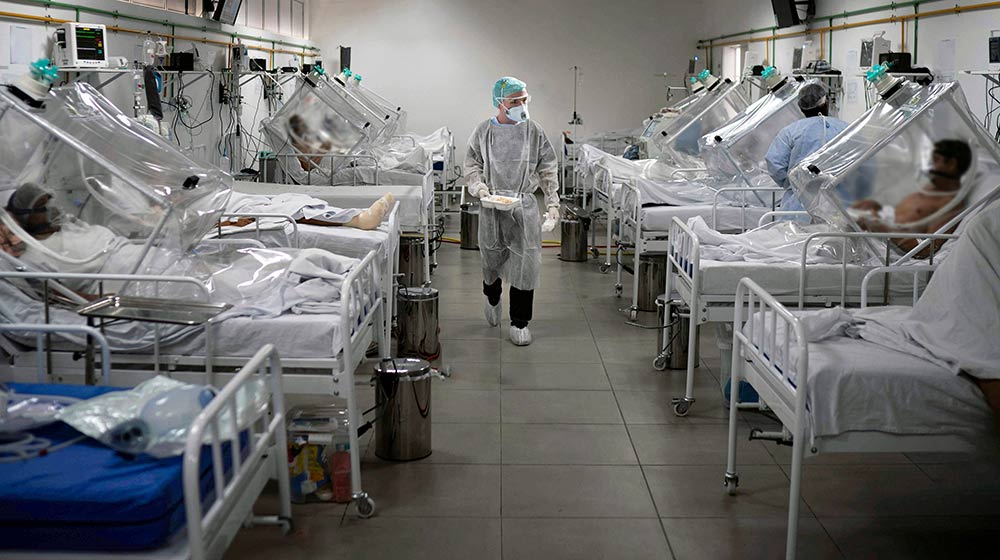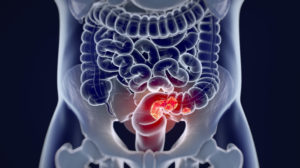The COVID-19 pandemic continues its rage across the globe, leaving behind devastating socioeconomic ramifications and health crises.
Although several factors such as underlying health conditions and old age have been proven to contribute to more severe disease outcomes, many young and seemingly healthy people have died of COVID-19. On the other hand, many who are infected exhibited only mild to zero symptoms, carrying out their usual activities, unconsciously and exponentially spreading the virus.
While experts are still working to understand this reality, epigenetics might be the key to decode the difference in severity and progression in COVID-19 patients.
Read the original publication of this article here: [ Epigenetics Could Explain Why COVID-19 Affects People Differently ]
Learn how epigenetic can help explain why COVID-19 affects people in different ways

Epigenetics Could Explain Why COVID-19 Affects People Differently
One possible explanation for the difference in severity in COVID-19 cases lies in the cytokine storm. During infection, the body releases cytokines (a small protein molecule) as the first line of defense against the viral invasion. While cytokines are critical in the human immune response, the body might produce an excessive amount of these molecules for some unclear reasons, causing the so-called cytokine storm. This overdrive causes autoimmune diseases in which cytokines mistakenly attack the body’s cells, leading to cell death and organ failure.
Systemic lupus erythematosus (SLE) is a chronic autoimmune disease. What is more striking is that many SLE patients suffer from severe forms of COVID-19. Interestingly enough, a study found that the key cytokine restricting genes were highly methylated in SLE patients, implying that those people were set to produce cytokines in larger quantities.
Another way to explain the subject matter is through the epigenetic regulation of the ACE2 gene, the human receptor for SARS-CoV-2. Upon infection process, the ACE2 gene plays an instrumental role as SARS-CoV-2 has to bind to the ACE2 receptor on the cell’s surface to be able to enter the cell, replicate that cell, and multiply themselves.
DNA methylation patterns differ by gender, age, and also potentially by ACE2 genes. In the study, as mentioned above, SLE patients displayed different methylation patterns in ACE2 genes compared to healthy individuals, with the former group showing a lack of DNA methylation. Another study published as a preprint by the Weill Cornell Medicine in Qatar also found a connection between different DNA methylation patterns and the ACE2 genes.
While researchers will have to investigate further the potential link between the DNA methylation patterns of key cytokine genes and ACE2 with the different outcomes and progression of COVID-19, a deeper look into the epigenetics of this deadly viral infection could shed light on precise risk detection as well as personalized treatment options for the disease.
Takeaways:
- Different epigenetic regulation of cytokines could determine different COVID-19 disease progression and severity.
- Aging hallmarks (inflammation, mitochondrial dysfunction, etc.) play a critical role in COVID-19 outcomes.
- Further understanding of COVID-19 epigenetics could help science come up with personalized treatment options for better medical results.





